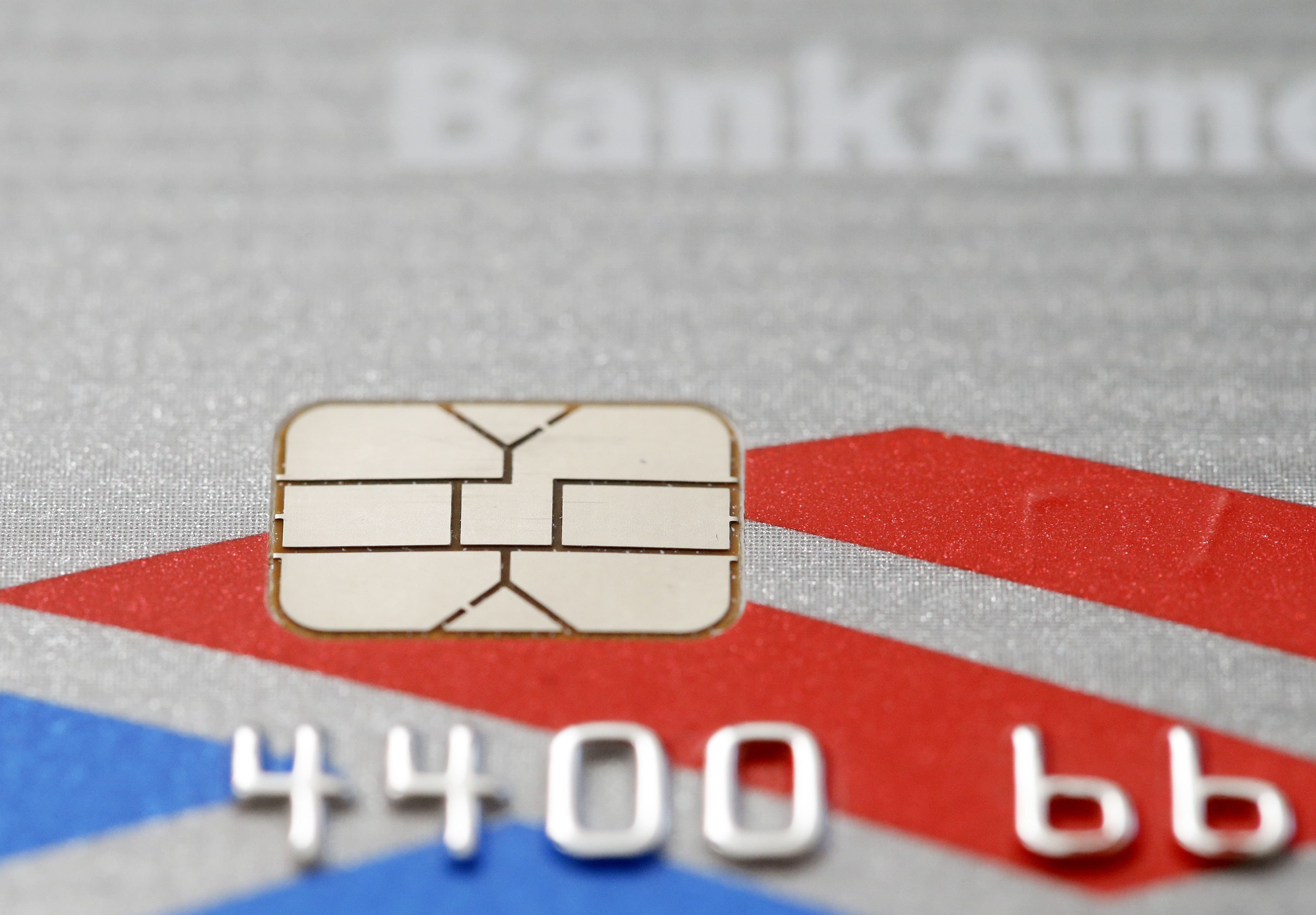How fraudsters give chip credit cards the slip
And more of the week's best financial advice

A free daily email with the biggest news stories of the day – and the best features from TheWeek.com
You are now subscribed
Your newsletter sign-up was successful
Here are three of the week's top pieces of financial advice, gathered from around the web:
Fraudsters give chip cards the slip
Identity and credit card fraud "keep rising," said AnnaMaria Andriotis and Peter Rudegeair at The Wall Street Journal. "Some 15.4 million U.S. consumers were victims of identity fraud in 2016, resulting in $16 billion in total losses," according to a report published last week by Javelin Strategy & Research and LifeLock Inc. That's up 18 percent from 2015 and the highest level of identity fraud since Javelin started tracking it in 2003. The bulk of the theft comes from credit card fraud, driven by a 15 percent rise in fraudulent online purchases last year. The findings suggest fraudsters are finding ways around new chip-enabled cards embraced by card issuers. The chips are supposed to make it harder for thieves to steal consumers' card information from retailers. But "with online shopping, there is no way to use the chips on cards."
The Week
Escape your echo chamber. Get the facts behind the news, plus analysis from multiple perspectives.

Sign up for The Week's Free Newsletters
From our morning news briefing to a weekly Good News Newsletter, get the best of The Week delivered directly to your inbox.
From our morning news briefing to a weekly Good News Newsletter, get the best of The Week delivered directly to your inbox.
Saving on car insurance
Many factors go into what you pay for car insurance, including your age, type of vehicle, and, of course, driving record, said Tobie Stanger at Consumer Reports. But car insurers also consider issues you may not even be aware of. A couple with poor credit and two cars, for example, "will pay an extra $2,090 a year, on average, compared with a family with excellent credit," according to a Consumer Reports analysis of more than 2.7 billion premiums. That's "more than what it usually costs to add a teen driver or even the penalty for having two DWIs." Getting married knocks premiums down by an average of $535 a year; becoming a homeowner knocks $110 off an annual bill. Each insurer uses its own formula, however, so the rewards and penalties are never the same. Bottom line: "Shop around."
The app that saves for you
A simple app can put your savings on autopilot, said Suzanne Woolley at Bloomberg. Digit tracks its users' income and spending patterns — including pay dates and when bills are due — and socks away small amounts of money into a savings account when users are least likely to miss it. The app, which is available for Android and iOS devices, has been growing steadily in popularity. When the company's pilot phase ended in 2015, Digit users were saving roughly about $1 million a month, according to the company. "Now that's more than $35 million a month." The app can also help users save for specific goals, like travel or paying off debt. Digit's savings accounts don't pay interest, but the service is free to use.
A free daily email with the biggest news stories of the day – and the best features from TheWeek.com
-
 The environmental cost of GLP-1s
The environmental cost of GLP-1sThe explainer Producing the drugs is a dirty process
-
 Greenland’s capital becomes ground zero for the country’s diplomatic straits
Greenland’s capital becomes ground zero for the country’s diplomatic straitsIN THE SPOTLIGHT A flurry of new consular activity in Nuuk shows how important Greenland has become to Europeans’ anxiety about American imperialism
-
 ‘This is something that happens all too often’
‘This is something that happens all too often’Instant Opinion Opinion, comment and editorials of the day
-
 The pros and cons of noncompete agreements
The pros and cons of noncompete agreementsThe Explainer The FTC wants to ban companies from binding their employees with noncompete agreements. Who would this benefit, and who would it hurt?
-
 What experts are saying about the economy's surprise contraction
What experts are saying about the economy's surprise contractionThe Explainer The sharpest opinions on the debate from around the web
-
 The death of cities was greatly exaggerated
The death of cities was greatly exaggeratedThe Explainer Why the pandemic predictions about urban flight were wrong
-
 The housing crisis is here
The housing crisis is hereThe Explainer As the pandemic takes its toll, renters face eviction even as buyers are bidding higher
-
 How to be an ally to marginalized coworkers
How to be an ally to marginalized coworkersThe Explainer Show up for your colleagues by showing that you see them and their struggles
-
 What the stock market knows
What the stock market knowsThe Explainer Publicly traded companies are going to wallop small businesses
-
 Can the government save small businesses?
Can the government save small businesses?The Explainer Many are fighting for a fair share of the coronavirus rescue package
-
 How the oil crash could turn into a much bigger economic shock
How the oil crash could turn into a much bigger economic shockThe Explainer This could be a huge problem for the entire economy